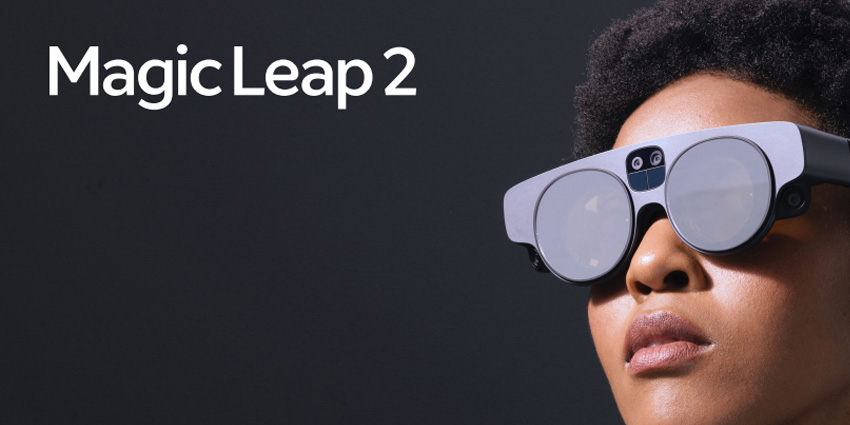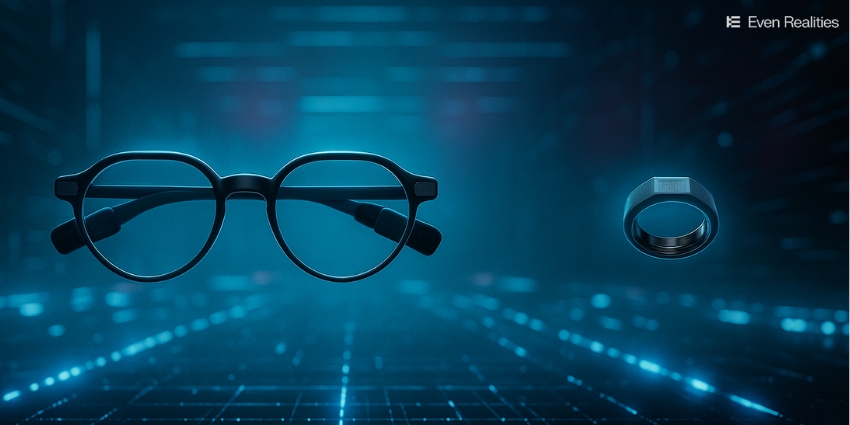Magic Leap has reportedly laid off its sales and marketing teams as a result of the company’s decision to focus on licensing the technology behind its headsets.
The technology news provider Bloomberg shared the news that the augmented reality startup cut 75 jobs last week, according to two of its sources “familiar with the matter”.
Only a few years ago Magic Leap was making headlines after raising $3.5 billion from Alphabet and other key investors. Now, these layoffs may well be signalling the end of the company’s prominent position within the industry.
One of Bloomberg’s sources explained that Magic Leap had changed its strategy in order “to better align with market dynamics and emerging opportunities.”
The spokesperson continued:
“We have consolidated our frontline engagement to our developer support and care teams.”
“Magic Leap has been evolving our go-to-market approach to better align with market dynamics and emerging opportunities, optimising how we support our customers and our ecosystem.
“As part of this, we have consolidated our frontline engagement to our developer support and care teams.
“We will continue to actively support Magic Leap’s customers, developers and our large ecosystem through the Developer Support and Care teams.”
The Rise and Fall of Magic Leap
Magic Leap was founded in 2010, with the ambition of creating a commercial AR headset. Fast forward eight years and its first product, the Magic Leap 1, failed to meet sales expectations.
This, coupled with more than 1,000 jobs being cut, reduced the share price by 93 percent from $6.7 billion to $450 million in just six months.
In December 2020, Magic Leap’s new CEO, Peggy Johnson, confirmed that the company would be moving away from this commercial venture to instead puts its attention on delivering MR solutions to businesses.
The following year, 2021, there was a major shakeup in the c-suite, with three top execs resigning and a former executive being reinstated, following a disagreement between Johnson and Greco about a decision to release software from the CTO group.
Later in the year, however Magic Leap raised $500 million as well as revealed the Magic Leap 2, which was designed to be an “all day, every day” device and would have “the largest field of view in the industry”.
Things seemed to be getting back on track with a host of successes that followed the launch of Magic Leap 2.
January 2023 witnessed Magic Leap 2 gain IEC 60601 certification, approving the device for specific standards as electronic medical equipment. As a result, surgeons and doctors were able to use the device in an operating room and other medical settings.
Meta entered into partnership discussions in May last year, in order to form an intellectual property license sharing agreement and contract manufacturing to create AR-based solutions.
The AR company even teamed up with Mercedes-Benz to integrate its Magic Leap 2 device into a futuristic Vision One-Eleven Concept Car (C111).
The good news was rolling in a recently as May this year when Magic Leap entered into an XR partnership with Google, despite a lack of detail as to what this would actually entail.
Could Magic Leap make another comeback? Watch this space!







